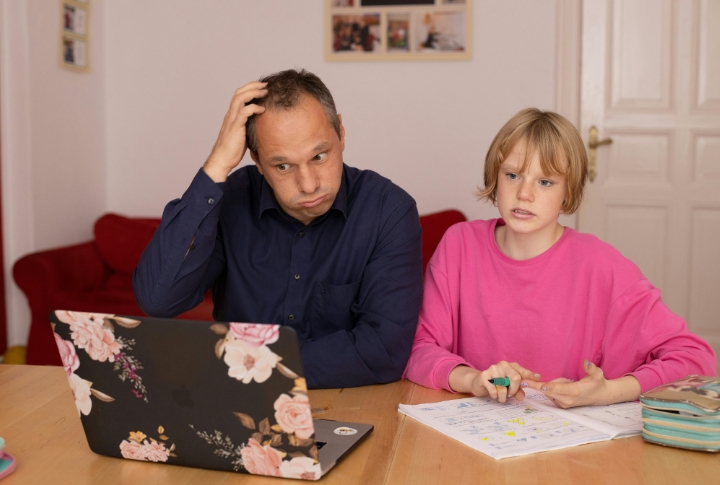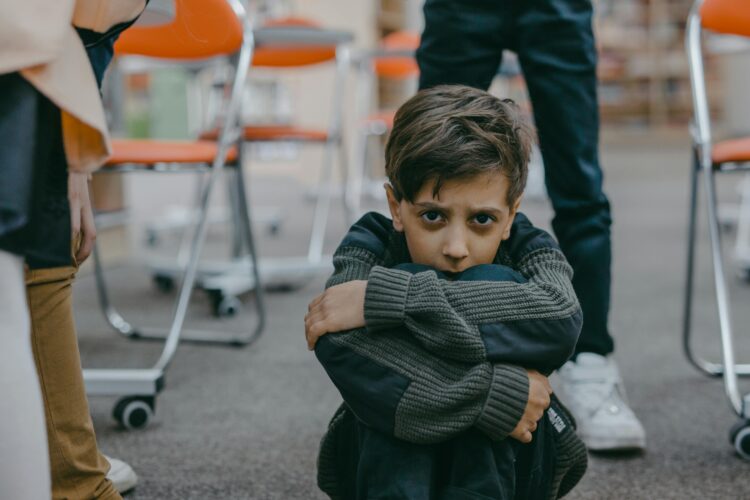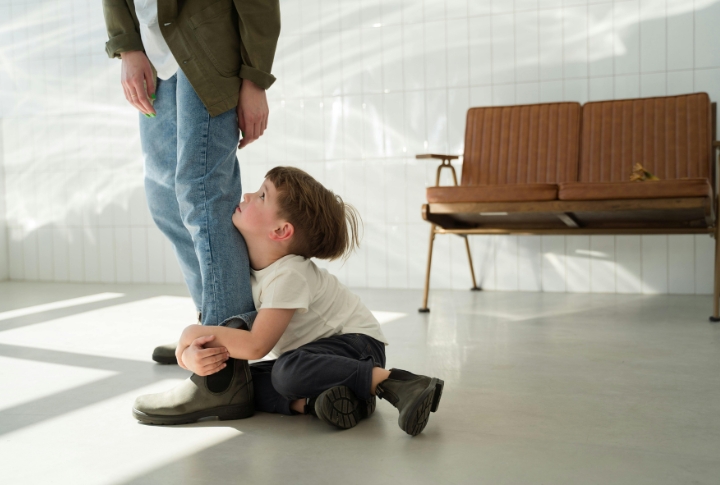
Teachers have a front-row seat to family dynamics most people never see. A child’s tone, a parent’s reaction, even the silence between them can reveal volumes about what life is like at home. These moments are often signals of more profound truths shaping a child’s behavior. Want to know the red flags educators spot almost instantly? The answers might surprise you.
Overly Defensive Parents

The moment a concern is raised, some parents rush to interrupt and shift blame onto the school. The defensiveness points to deeper struggles at home. Children sense this tension immediately. It creates an atmosphere where honest, constructive conversations between teacher, parent, and student become nearly impossible.
Kids Who Seem Anxious Around Parents

Kids who light up in class and joke easily with friends may suddenly fall silent the second a parent appears. That sharp shift in body language can reveal pressure at home. Teachers notice it instantly, because the silence between parent and child often says more than words ever could.
Parents Who Overshare Personal Issues

A parent who talks about money troubles, marital fights, or workplace stress in front of their child shifts grown-up burdens onto young shoulders. Teachers sometimes see this firsthand during school meetings, when a parent casually brings up these issues in front of their kid.
Children Who Struggle With Simple Choices

If a student freezes over something as small as choosing a crayon or a book, it’s rarely just indecision. This signals a home environment where decisions are made for them, leaving little room to build confidence. In the classroom, that lack of practice shows up as fear of mistakes.
Parents Who Never Say “No”

With every demand met with a yes at home, boundaries blur quickly. In the classroom, these children get out of control the moment they hear “no,” stemming from inexperience with limits. It’s less about misbehavior and more about a child unprepared to handle disappointment.
Child Apologizes Excessively

A child saying “sorry” for almost everything isn’t just politeness—it’s a window into fear. If apologies come faster than laughter, it signals a world where mistakes feel dangerous. Teachers and caregivers see this as a child trying to disappear before judgment arrives.
Parent Talks But Never Listens

In meetings where the parent talks over both the teacher and the child, rarely pausing to ask questions or hear feedback, it’s a red flag. This usually means that communication at home is one-sided, and it leaves the child feeling dismissed, even in moments intended to support them.
Kids Parent Their Parents

A child stepping in to comfort or protect a parent shows a shift in roles that shouldn’t exist. Rather than experiencing the carefree space of childhood, they take on responsibilities far beyond their age. This quiet role reversal signals emotional strain and an unsettling family imbalance.
The Parent Seems Disinterested Or Checked Out

Consistently missing meetings or barely engaging when they do attend reflects poorly on the parent. It may not always be neglect, but it might look like their child’s growth and feedback aren’t a priority to them. Kids in these situations try to fill that silence by acting out just to be seen.
Kids Who Hide Their Achievements

Some students downplay good grades or pretend they don’t care about praise when parents are around. Teachers often see this as a defense mechanism, shielding themselves from criticism at home. Success that should bring pride instead feels like a source of tension.

